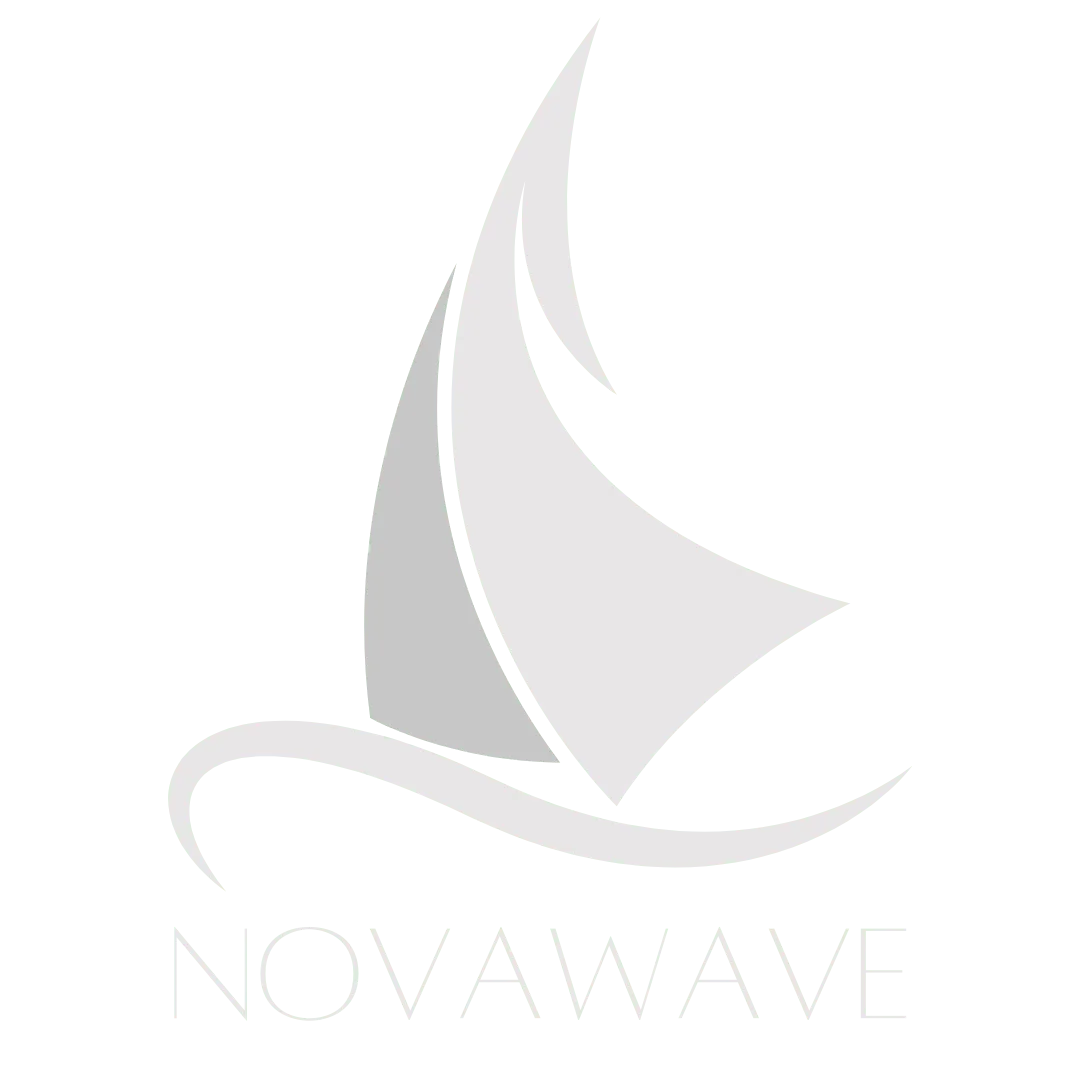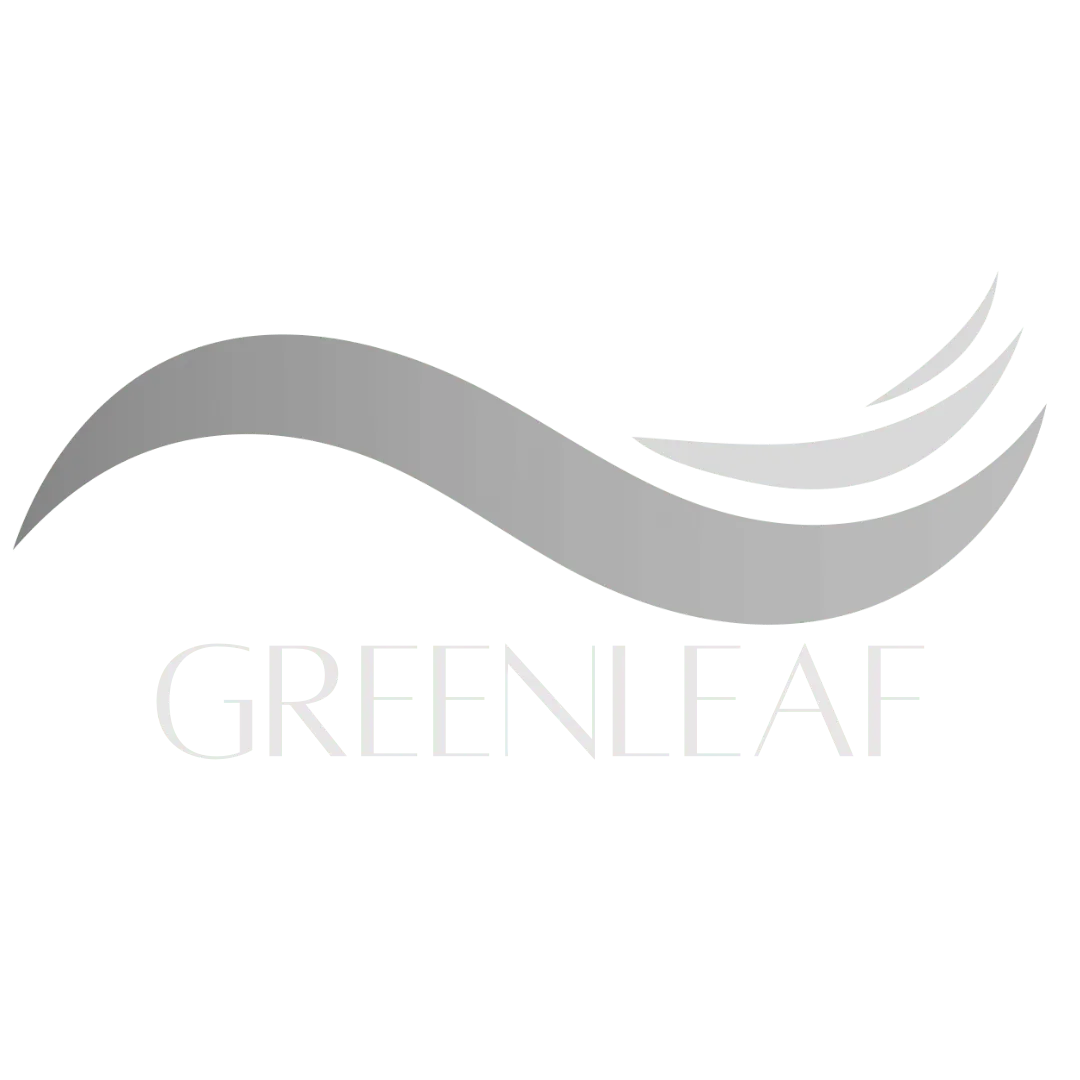
Get ahead of AML/CTF compliance with seamless, white-label solutions built for Tranche 2 professionals.
Black Elk Scan provides white-label technology solutions for Tranche 2 entities preparing for AML/CTF compliance.
We work with accountants, lawyers, real estate professionals, and others facing new regulatory requirements—helping them meet their obligations without compromising on design, user experience, or control.
Our tools integrate seamlessly into your brand and workflows, giving you what you need to collect, verify, and manage customer information—securely and efficiently.
Whether you need smart onboarding, document analysis, or real-time risk insights, Black Elk Scan gives you the infrastructure to do it right—and do it under your own name.
Product Roadmap
TRANCHE 2 starts Jul 2026
Phase 1 ( Ready Now )
Risk Assessment
Record of Client Interview
PEP Profile (BETA)
Foreign Risk Profile (BETA)
Identity Document Review (BETA)
Open Source Profile (BETA)
Phase 2 ( July 2025 )
Identity Document Review
PEP Profile
Foreign Risk Profile
Open Source Profile
UBO Mapping (BETA)
Phase 3 ( Sept 2025 )
UBO Mapping
Progress Dashboard
Who's This Perfect For
Accountants
Lawyers
Real estate agents
Crypto
Precious Stone dealers
money Remitters
conveyancers
notaries
luxury good traders
READY TO GIVE US A TRY?
Start your KYC/ AML Journey Today
Our platform is a white-labeled, AI-powered AML/CTF compliance tool built specifically for Australian professional services firms—such as accountants, legal practitioners, and trust advisers—who are preparing for their obligations under the forthcoming Tranche 2 reforms.
Backed by guidance from AUSTRAC and the Australian Government, Tranche 2 will extend anti-money laundering and counter-terrorism financing (AML/CTF) responsibilities to a broader range of service providers. These reforms are not just about regulation—they are about protecting the integrity of Australia’s economy and democratic institutions from abuse by criminal networks, corrupt act ors, and foreign interference.
We believe compliance shouldn’t be complex. Our platform makes it simple to collect, verify, and assess client identity information in a secure, automated, and auditable way. It uses advanced document scanning and natural language AI to extract key information from trust deeds, identity documents, and corporate records, producing structured risk profiles and UBO summaries in minutes.
By helping professionals proactively meet their AML obligations, we contribute to a stronger, safer, and more transparent financial system—one that defends Australia’s democratic values and makes it harder for illicit funds to flow through legitimate channels.
Every part of the platform is fully white-labeled, so your firm maintains full client visibility while modernising your compliance practices. We’re here to help you stay ahead of regulation, build trust with clients, and play your part in safeguarding Australia’s future.
Our Trusted Partners





Frequently Asked Questions
What is Tranche 2 AML/CTF reform?
Tranche 2 refers to proposed reforms to Australia's Anti-Money Laundering and Counter-Terrorism Financing (AML/CTF) regime that would extend compliance obligations to non-financial professions, particularly: Lawyers and legal practitioners Accountants Real estate agents Trust and company service providers These sectors are known as DNFBPs (Designated Non-Financial Businesses and Professions) under FATF standards.
Why is Tranche 2 being introduced?
Australia has committed to implementing Tranche 2 to: Comply with FATF Recommendations, especially Rec. 22 & 23 Address weaknesses in gatekeeper professions that may facilitate money laundering Avoid international blacklisting or greylisting for non-compliance Increase transparency in complex ownership structures and property transactions
Who will be affected by Tranche 2?
Professionals and businesses that help clients form or manage entities, move funds, or structure assets, including: Lawyers (e.g. setting up trusts, handling client money, property settlements) Accountants (e.g. tax structuring, corporate secretarial services) Real estate agents (e.g. large property transactions, offshore buyers) Trust and company service providers (e.g. nominee services, registered office providers)
What activities will trigger AML/CTF obligations under Tranche 2?
The obligations will apply when you carry out certain high-risk transactions on behalf of a client, including: Buying or selling real estate Managing client money, securities, or assets Creating or managing legal persons (companies) or legal arrangements (trusts) Providing a registered office, business address, or nominee director/shareholder Acting as a trustee or arranging for someone to act in that role
What are the key obligations under the AML/CTF regime?
Once regulated under Tranche 2, you will need to: Register with AUSTRAC Develop and maintain an AML/CTF Program Risk assessment Policies and procedures Conduct KYC (Know Your Customer) and ongoing customer due diligence Report suspicious matters, threshold transactions, and international transfers Keep records of transactions, identity verification, and due diligence
What is KYC and how will it apply to us?
KYC means identifying and verifying clients’ identities, understanding the nature of their business, and assessing beneficial ownership and risk exposure. It will apply when you: Open a client file involving trust or company structures Handle money or property on behalf of a client Deal with offshore parties or high-risk countries Are exposed to politically exposed persons (PEPs)
Will I need to screen clients for sanctions or PEP status?
Yes. AUSTRAC will expect you to screen clients (and their UBOs/associates) against: Sanctions lists (e.g. UN, DFAT, OFAC) PEP status (domestic and foreign) FATF high-risk jurisdictions This is a part of your risk-based due diligence.
What happens if I don't comply?
Once implemented, non-compliance could lead to: Civil penalties (AUSTRAC fines and court orders) Criminal charges for serious breaches Reputational damage Ineligibility for certain legal or financial roles